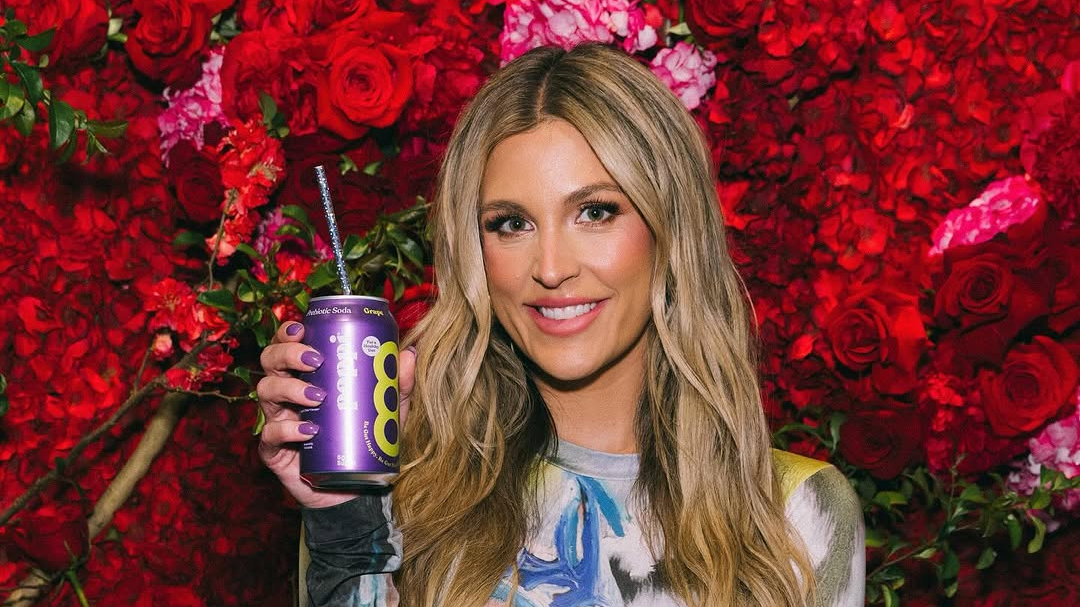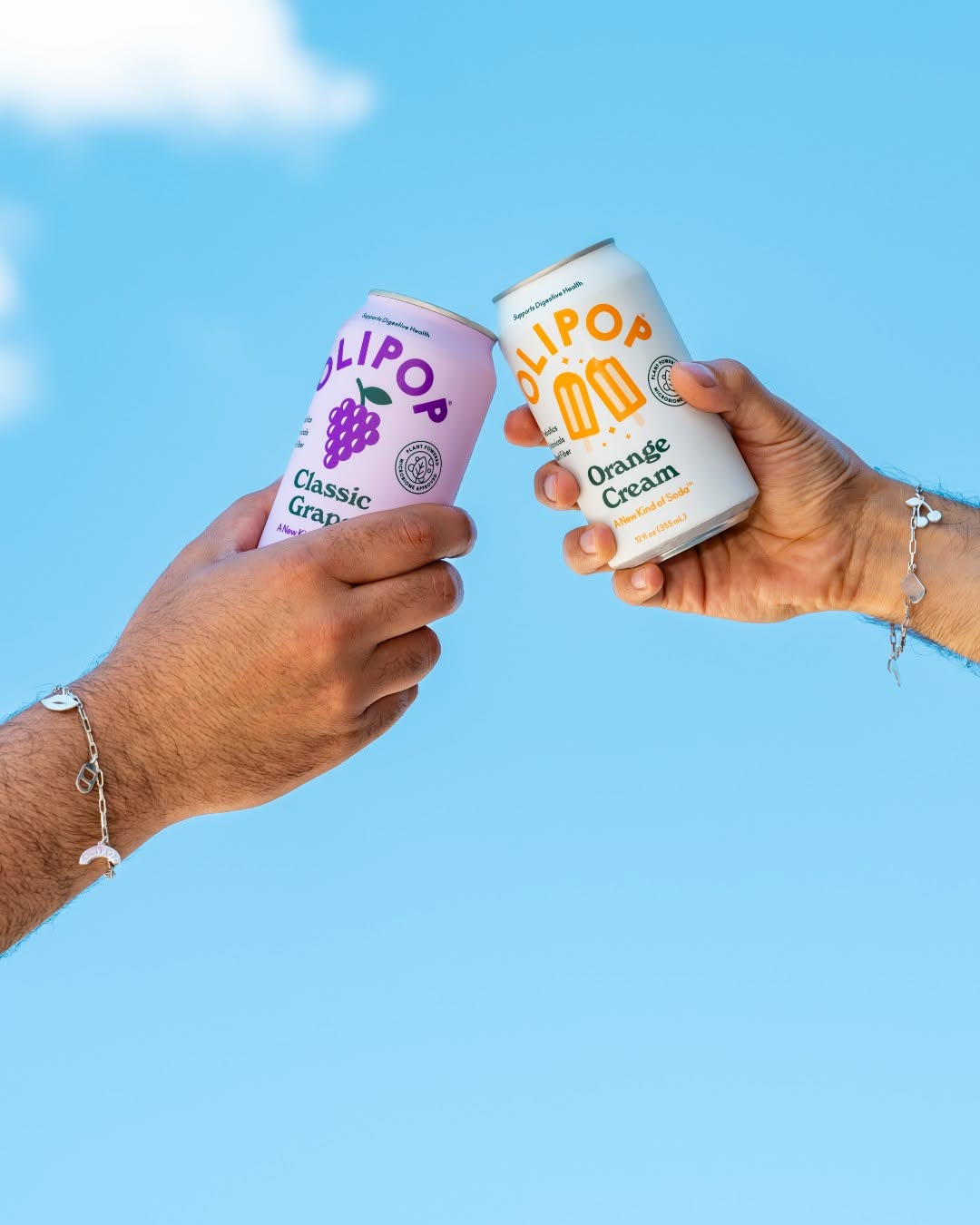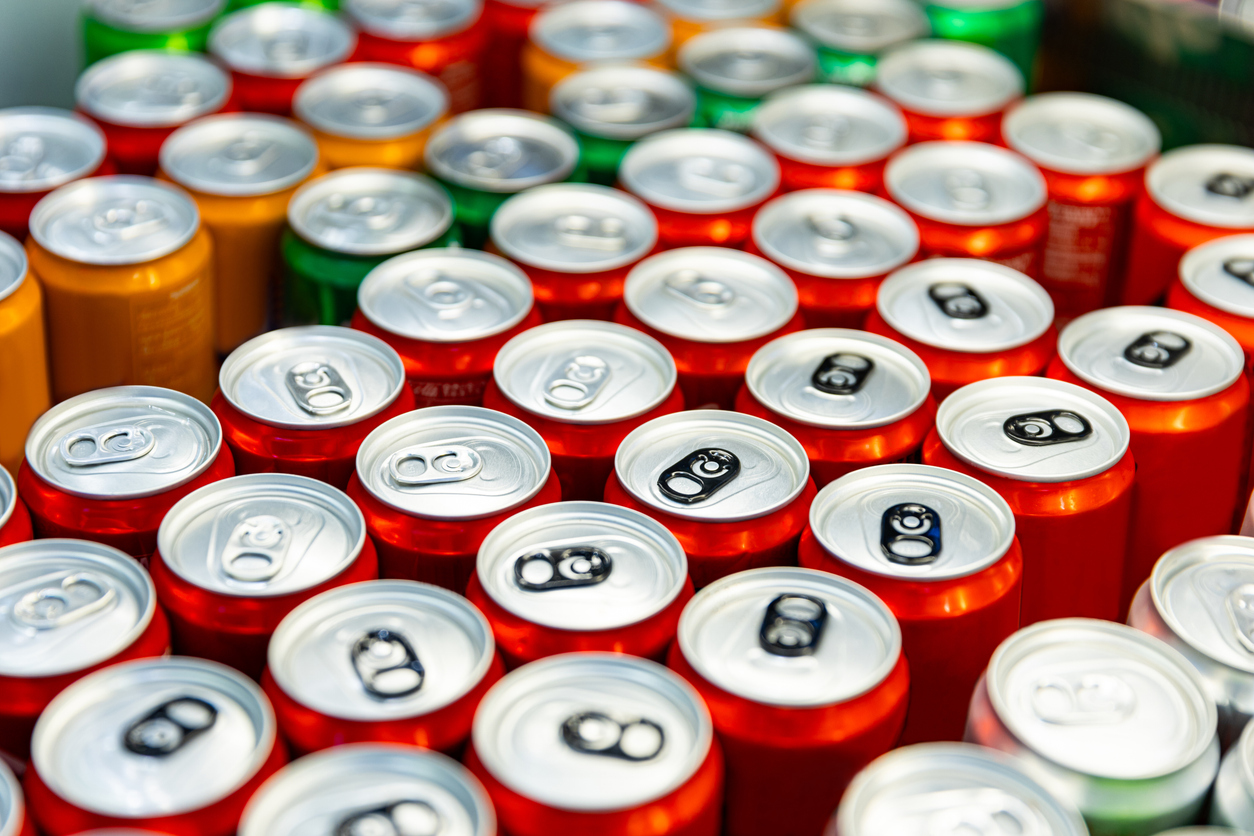The Rise of Functional Beverages: Poppi, Olipop, and the $10 Billion Gut Health Boom
The beverage aisle has become a battleground for the next generation of health branding. With traditional sodas falling out of favor, functional beverages—drinks that claim to offer health benefits beyond hydration—are now the go-to choice for wellness-minded consumers. At the forefront of this movement are Poppi and Olipop, two brands that have tapped into the gut health zeitgeist, helping to turn prebiotic sodas into a $10 billion market. But beneath the marketing buzz and colorful cans, a more complex picture is emerging—one that raises questions about health claims, consumer trust, and whether these beverages are truly a revolution or just clever rebranding of a familiar formula.
From Cola to Culture: The Functional Beverage Narrative
The functional beverage industry has grown exponentially, buoyed by the convergence of two major consumer shifts: a rejection of sugar-laden sodas and a growing obsession with gut health. Scientific studies over the past decade have linked gut microbiome diversity with everything from immune function and metabolic health to mental clarity and mood regulation. For many, the idea of supporting gut health through daily consumption of a soda-like drink feels like an effortless way to optimize wellbeing.
Brands like Poppi and Olipop have positioned themselves at the center of this narrative. Their rapid rise has been fueled by influencer endorsements, visually irresistible packaging, and claims that these drinks support digestion, improve energy, and contribute to better overall health. But how much of that trust is earned—and how much is just marketing?
Poppi: Apple Cider Vinegar with a Side of Instagram
Poppi began as a small startup experimenting with apple cider vinegar (ACV) and quickly scaled into a wellness juggernaut. Each can contains a small amount of ACV, marketed as a digestive aid, along with carbonated water, fruit juice, and around 5 grams of added sugar. What makes Poppi successful isn’t necessarily the formula—it’s the branding by the CEO, Alison Ellsworth. The company has leaned hard into social media virality, bright aesthetics, and celebrity partnerships, such as a high-profile Super Bowl ad featuring Drew Barrymore. Poppi doesn’t pretend to be clinically potent. It simply markets itself as a fun, better-for-you alternative to soda that nods at gut health without overwhelming the consumer with scientific jargon.
However, there is little hard data supporting the actual health efficacy of the product. The ACV content is minimal, and prebiotic effects from inulin or agave fiber—when present—haven’t been quantified in independent trials. For many, Poppi’s appeal lies in emotional trust: it’s better than a Coke, and that’s good enough.
Related: Is Poppi Soda Really as Healthy as It Claims?

Allison Ellsworth
Olipop: Digestive Health or Digestive Theatre?
Olipop takes a more clinical approach in its messaging. The brand emphasizes its formulation, which includes 9 grams of dietary fiber from ingredients like cassava root, chicory root, and Jerusalem artichoke. It also adds botanical extracts—marshmallow root, calendula, slippery elm—marketed for their traditional gut-soothing properties. Olipop was created by Ben Goodwin and David Lester as a small launch into this successful brand.
Olipop’s packaging and brand voice are more mature than Poppi’s, aiming to bridge nostalgia and nutrition. The drink is positioned as a gut health soda for the discerning, health-savvy millennial. But here too, the scientific backing is murky. The fiber content does offer functional value for digestion, yet the exact impact on the gut microbiome isn’t well established. While Olipop sponsors white papers and partners with registered dietitians, its products remain outside of FDA regulation in terms of health claims.
What Olipop and Poppi have mastered isn’t necessarily delivering transformative health outcomes—it’s selling the idea of health in a format that feels accessible, indulgent, and Instagrammable. The functional claims are vague enough to sidestep regulatory scrutiny, yet specific enough to trigger the placebo effect in consumers.

@drinkolipop
Beyond the Can: The Real Drivers of Consumer Trust
So why do consumers trust these brands, despite the relatively modest functional ingredients? The answer lies in a few key cultural shifts:
-
Distrust in Big Food: Millennials and Gen Z have grown skeptical of legacy food and beverage corporations. Emerging brands that feel “clean,” small-batch, or socially conscious attract disproportionate trust, even if their nutritional profiles are not radically different.
-
Wellness Identity: Buying functional beverages is now a signal of identity. Consumers drink Olipop not just for the fiber, but because it aligns with a lifestyle centered around health optimization, subtle luxury, and self-awareness.
-
Science-Lite Marketing: Both brands are careful to reference “science” without relying too heavily on data. Words like “prebiotic,” “microbiome,” and “digestive support” sound clinical, but remain unregulated, allowing for flexibility in interpretation.
It’s branding wrapped in the language of biohacking, wellness, and nutrition—but without the hard burden of scientific proof.
Are Functional Sodas Actually Healthy?
It’s important to clarify that neither Poppi nor Olipop are unhealthy in the traditional sense. They contain less sugar than mainstream sodas, avoid artificial sweeteners, and offer some ingredients with modest functional value. But calling them “healthy” is a stretch—especially when many of their benefits remain unproven or overstated.
In practice, these drinks often serve as stepping stones for consumers trying to cut back on sugar, soda, or alcohol. That’s a good thing. But they shouldn’t be mistaken for medicine, nor should they be seen as essential to a healthy diet. Like many wellness trends before them—detox teas, juice cleanses, bulletproof coffee—the functional soda wave blends aspiration with consumption, giving the illusion of transformation through a $2.99 can.

The Future of Functional Beverages: Hype vs. Health
The functional beverage boom is far from over. Analysts predict continued growth as startups flood the space with new formulations targeting sleep, focus, stress, and immunity. But the bar for “functional” remains dangerously low. Without stricter regulation on health claims, brands will continue to blur the line between nutrition and marketing, pushing beverages that do little more than taste good and feel virtuous.
Consumers should treat these drinks as what they really are: a gentler form of soda with slightly better ingredients and much better marketing. They’re not revolutionizing health, but they are reshaping how we talk about it. And in a culture that prioritizes convenience and aesthetics over rigor, that may be enough—for now.
Conclusion: Wellness Soda Is a Lie We Want to Believe
Poppi and Olipop are not transforming health—they're rebranding it. Their success is less about the efficacy of prebiotics and more about the cultural moment: a population desperate for low-effort health hacks and willing to accept minimal benefits in exchange for social capital and slightly better choices. The functional beverage boom doesn’t mark a new era of nutrition—it marks a new era of storytelling, where soda is no longer bad for you as long as it wears a lab coat.
In the end, the $10 billion gut health soda market isn't built on science. It's built on hope, identity, and marketing genius. And that's what you're really drinking.
Related: How the World's Top CEOs Engineer Their Wellness for Peak Performance
Related: The Art of Building a Luxury Wellness Brand for Discerning Clients













